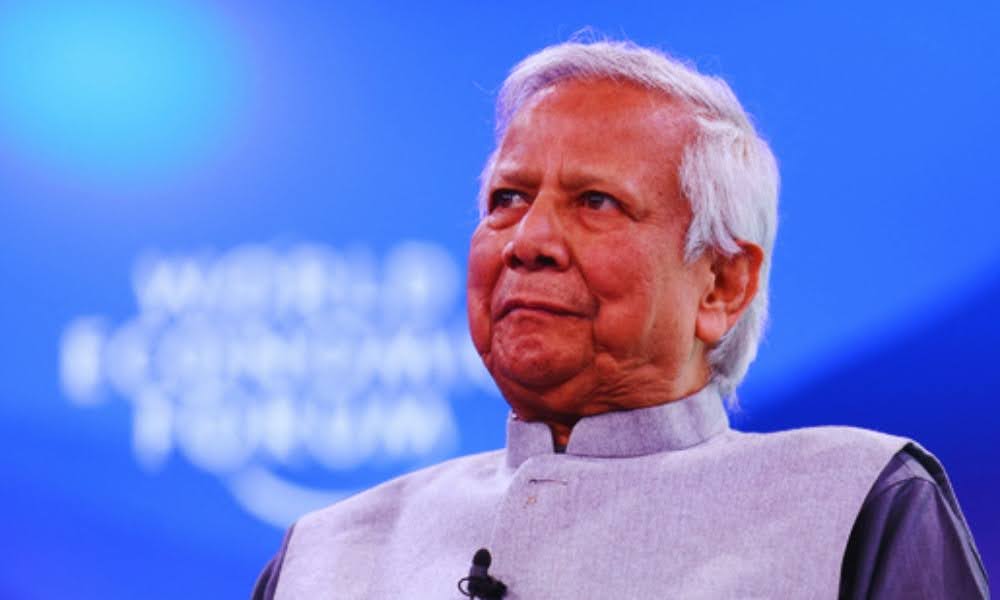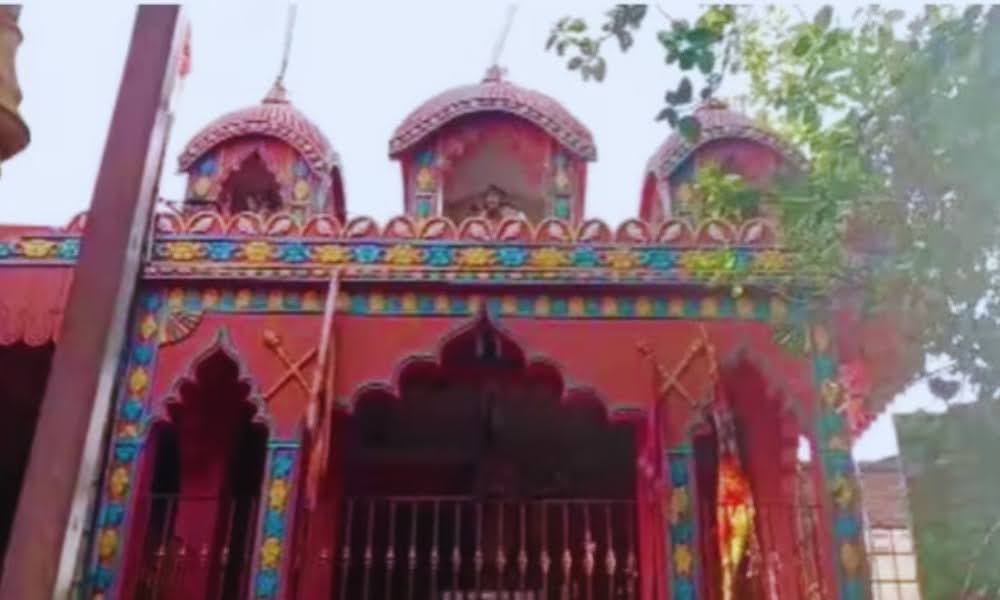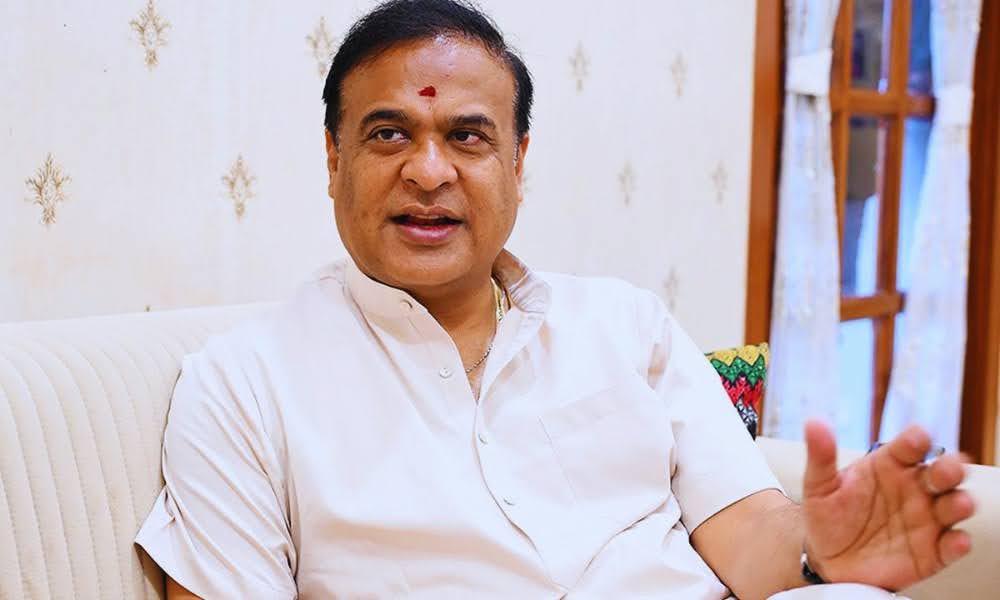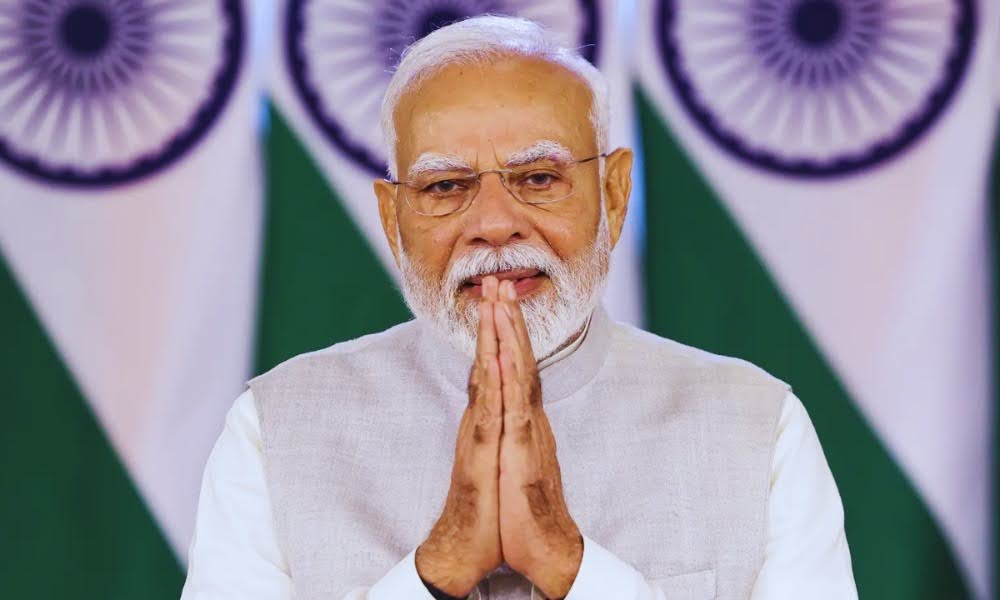Bangladesh’s Chief Adviser Muhammad Yunus Calls for Stronger India Ties, Cites Persistent Setbacks

Bangladesh’s interim Chief Adviser Muhammad Yunus has openly criticised Indian Prime Minister Narendra Modi for disregarding Dhaka’s appeal to curb ousted Prime Minister Sheikh Hasina’s online addresses, which Yunus claims are inciting public unrest across Bangladesh.
Exchange Between Yunus and Modi Over Hasina’s Speeches
Speaking at a recent event at Chatham House in London, Yunus described a conversation he had with PM Modi.
“When I had the chance to talk to Prime Minister Modi, I simply said you want to host her, I cannot force you to abandon that policy… but please help us in making sure that she doesn’t speak to Bangladeshi people the way she’s doing,” Yunus explained, referring to Hasina’s broadcasts from India.
“She announces that such and such day such and such hour she will speak, and the whole Bangladesh gets very angry. Why is she keeping this whole anger thing inside?” Yunus continued.
According to Yunus, Modi responded, “It’s social media, you cannot control it.” Yunus expressed frustration at this reply, stating, “What can you say? It’s an explosive situation, you can’t just walk away saying it’s social media.”
India Not Meeting Bangladesh’s Expectations
When asked whether India was fulfilling Bangladesh’s expectations, Yunus replied, “No.” He confirmed that the Bangladeshi government had formally requested Hasina’s extradition and stated that legal action was ongoing.
“The tribunal has started the trial process. They sent notices to Hasina for the crimes she had committed. There are so many other crimes coming up. So they have to respond to such notices. We’re following a legal process. We want it to be legal, very proper. We want to make sure that we don’t do something out of anger,” Yunus said.
Bangladesh’s Approach to Bilateral Ties with India
Despite these tensions, Yunus emphasised that Bangladesh remains committed to maintaining strong bilateral ties with India.
“We want to build the best relationship with India, they’re our neighbour. We don’t want to have a basic problem with them,” he said.
However, he expressed concern over misinformation being spread through Indian media, which he alleged was linked to high-level policymakers.
“But somehow things go wrong every time because of all the fake news that is coming from the Indian press and some, many people say has connections with policymakers at the top,” Yunus added.
He noted how these campaigns are causing widespread frustration in Bangladesh. “This is what makes Bangladesh very jittery, very, very angry. We try to get over this anger. But the whole barrage of things keeps happening in cyberspace we can’t just get away from that. Even if we try to remain peaceful suddenly they say something, do something and the anger comes back. So this is now a big task for us,” Yunus explained.
Rising Tensions Since Hasina’s Exile
Tensions between India and Bangladesh have been on the rise since Hasina’s ouster in August 2024. Following her removal amid mass protests, Hasina took refuge in India.
In May 2025, the interim government banned her party, the Awami League, accusing it of corruption and authoritarian practices, and alleged Indian interference in Bangladesh’s domestic affairs.
The situation escalated further when the International Crimes Tribunal of Bangladesh formally indicted Hasina and two others on charges of mass murder, linked to a 2024 crackdown on student-led protests.
Announcement of National Elections in April 2026
Amidst these developments, Yunus announced that national elections would be held in April 2026, turning down the Bangladesh Nationalist Party (BNP)’s demand for early polls.
“The government has held discussions with all parties to organise the most free, fair, competitive and acceptable elections in history. In addition, after reviewing the ongoing reform activities related to justice, reform and elections, I am announcing to the people of the country today that the next national elections will be held on a day in the first half of April 2026,” Yunus stated.
Earlier, during a visit to Japan, he had said elections could be held anytime between December 2025 and June 2026.
Current Political Landscape and Eid-ul-Adha Exchange
Since Hasina’s exile, Bangladesh has operated under an interim administration. The previous government fell after widespread opposition to a welfare and tax scheme for families of 1971 liberation war veterans.
Despite ongoing diplomatic strain, Yunus and Modi exchanged letters during Eid-ul-Adha. In his June 6 message, Yunus acknowledged Modi’s greetings and noted the “shared values” between the nations, wishing well to India and its people.
PM Modi, in his June 4 letter, described Eid-ul-Adha as “an integral part of the rich and diverse cultural heritage of India,” highlighting its values of “sacrifice, compassion and brotherhood.”









